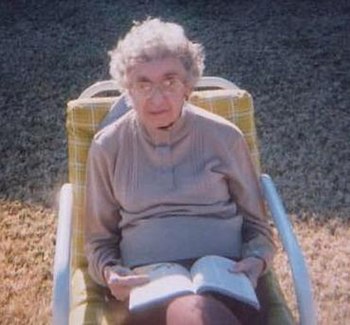Unfortunately, elder abuse is a pervasive problem not just in Massachusetts but all over the country. Often the elderly, and especially those who are afflicted with severe conditions are unable to protect themselves or even speak up for themselves. This is why it is imperative for friends and family members to understand the signs of elder abuse and neglect. 
Follow these tips below to take a stand against elder abuse:
- Give a break to a caregiver so that you can check in on your loved one
- Visit or call an elderly loved one and make sure to ask how he or she is doing
- Make notes of your visits with your loved one and record any details out of the ordinary
- Ask for copies of your loved one’s medical records if you believe that signs of the abuse may be filed there
- Know the signs of elder abuse and neglect so that you can raise concerns to an elder abuse attorney or an elder law attorney if you believe something is out of the ordinary. Understanding the signs of elder abuse and neglect can help stop abuse early on in the process and prevent others from becoming a victim.
Here is a link to the elder abuse hotline for more information- http://www.mass.gov/elders/service-orgs-advocates/protective-services-program.html
Making the decision about how to care for your elderly parents is a challenging one but it is one that must be undertaken with a particular level of care and compassion. Consult with a Massachusetts elder law attorney today to learn more. Noreen Murphy is passionate about helping seniors with their elder law needs. She was recently inducted into the Arlington Elder Abuse Prevention Hall of Fame for her efforts.



